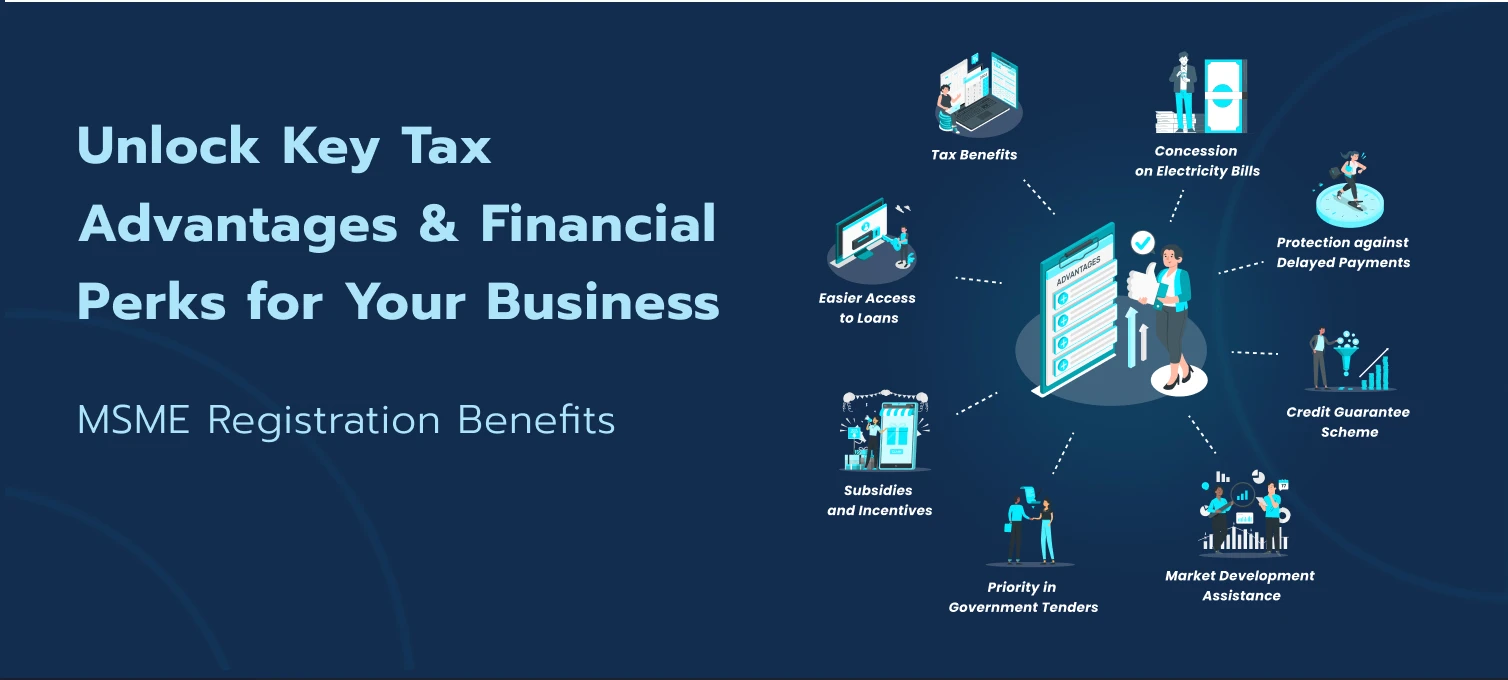7500+ Cr
Total Disbursal
77+ Lakhs
Loans approved
1.6+ crores
Total customers
2.5 lakh+
Daily Active Users
3 Steps to Follow
Submit Application
Download the PayRupik app and login with your mobile number. Fill in a simple form and submit your details.
Instant Approval
Our robust backend automation reviews and approves loan applications within a few minutes.
Quick Disbursal
Upon approval, the loan amount is credited directly into your bank account without any delay.

Overview of Non-Bank Financial Institutions (NBFCs)
Non-Bank Financial Institutions (NBFC) in India are companies that offer bank-like financial services without holding a traditional banking license. NBFCs provide personal loans, business loans, asset financing, and digital payment solutions, often with faster processing and flexible terms. Unlike traditional banks, NBFCs cannot accept demand deposits but offer greater agility, innovation, and accessibility, especially for underserved segments.
Learn MorePersonal Loan Solutions For Your Financial Needs
Experience a hassle free borrowing journey with our personal loan finance company. Avail instant personal loans without collateral and minimal documentation with PayRupik. We ensure that credit is accessible to all segments of the Indian economy at the utmost convenience.
Contact Us

Sayyam Investments Top Personal Loan Finance Company
Looking for the best NBFC for personal loan? Sayyam Investments offers fast, hassle-free personal loans tailored to your needs. With customizable loan amounts, flexible tenure and quick approval, we make the borrowing experience simple and transparent. Trusted by millions, Sayyam Investments is a leading non banking loan company in India.
Learn MoreEligibility Criteria for Sayyam Investments NBFC Instant Personal Loan
To avail an Instant Personal Loan from Sayyam Investments, you must meet the following criteria:
- Be an Indian citizen aged 21 years or above
- Have a valid PAN card and Aadhaar card
- Mobile number linked with Aadhaar card
- Be salaried or self-employed with a steady income source


Why Choose Sayyam Investment for personal loan services
Choose Sayyam Investment for personal loan services due to its consumer and salaried loan options. Benefit from a safe, secure, and transparent process, hassle-free online documentation, and an easy repayment process. Experience convenience and reliability in every step of your loan journey.
Learn MoreList of Partners
|
SL No |
Partners_Name |
Status |
|---|---|---|
|
1 |
Equifax |
Active |
|
2 |
Digitap |
Active |
|
3 |
Worldline |
Active |
|
4 |
Fairdebt |
Active |
|
5 |
Bureau |
Active |
|
6 |
We4U |
Active |
|
7 |
Digibhoomi |
Active |
|
8 |
Getlux |
Active |
|
9 |
33 Associates |
Active |
|
10 |
Bharath finnovation |
Active |
|
11 |
Transunion CIBIL |
Active |
|
12 |
CRIF |
Active |
|
13 |
Experian |
Active |
|
14 |
Mtalkz |
Active |
|
15 |
Digi venkatadri solutions |
Active |
|
16 |
S OPTIMA BUSINESS SOLUTIONS |
Active |
|
17 |
Synergipro Bpo Solutions Private Limited |
Active |
|
18 |
V Connect |
Active |
FREQUENTLY ASKED QUESTIONS
Sayyam Investments is an NBFC offering financial services, specializing in personal loans. Known for its transparent and secure processes, it provides hassle-free online documentation and easy repayment options, catering to the financial needs of consumers and salaried individuals.
Sayyam Investments provides diverse personal loan options, including consumer loans and those designed for salaried individuals. For specific details on the available loan products, it's advisable to contact Sayyam Investments directly or visit their official website.
Eligibility for a personal loan from Sayyam Investments generally involves meeting age requirements, having a stable income source, and providing necessary documentation, including proof of identity and income. Specific criteria may vary, so it's advisable to check with Sayyam Investments directly for accurate and up-to-date information.
No, collateral is not needed for a personal loan from Sayyam Investments. They often provide unsecured loans, allowing you to access funds without pledging assets as security. Always refer to specific loan terms for accurate details.
Yes, your credit score is a consideration for loan approval with Sayyam Investments. While a good credit score may improve your chances, they may also accommodate individuals with different credit profiles. Check directly with Sayyam Investments for specific credit score requirements.
To get a loan from Sayyam Investments:
Apply: Fill out the online application form.
Submit: Upload necessary documents for verification.
Approval: Your application is reviewed, and upon approval, you receive the sanctioned loan amount details.
Disbursement: Funds are swiftly disbursed to your account.
Experience a quick and transparent process with Sayyam Investments.




